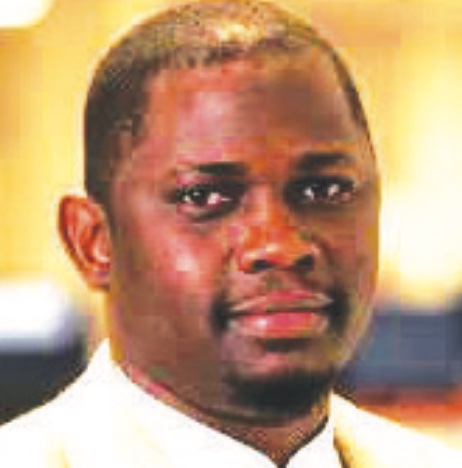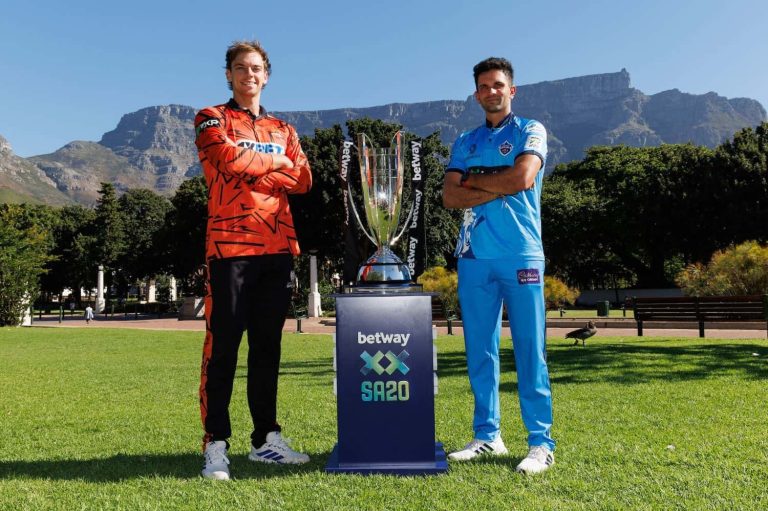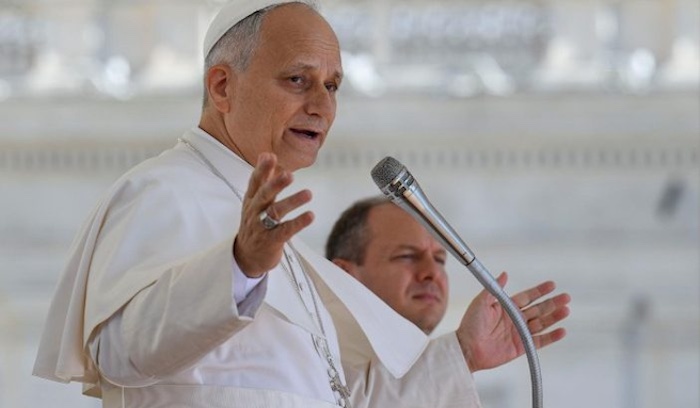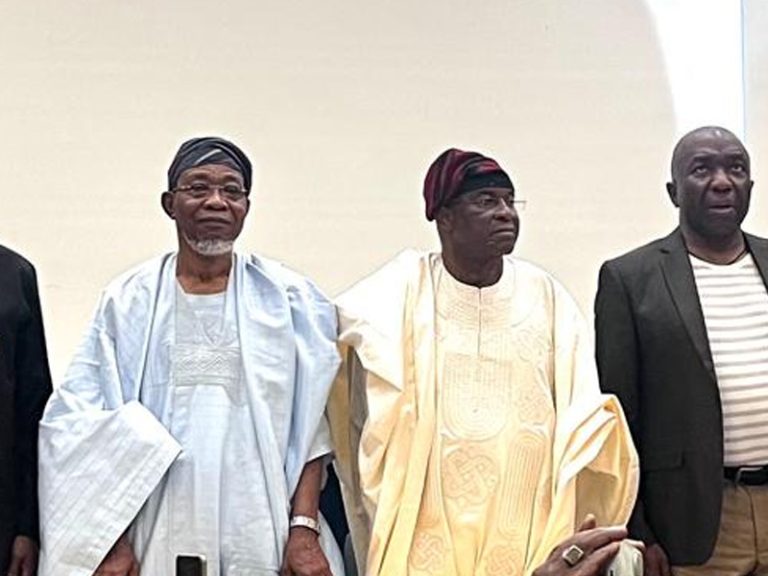
Screenshot

The current situation mirrors the events of 2004/5, when a campaign titled Save Our Soccer was launched against Denis Obua, who was the president of Uganda Football Association (Fufa).
It is unfortunate for football enthusiasts and fans that the sport has found itself facing similar challenges nearly two decades after Obua’s predicament. Here is context for those who may not have been aware of the events during that period or for the younger generation.
In the early 2000s, Ugandan football faced a significant crisis under the leadership of Obua. The Uganda Cranes had consistently failed to meet expectations. The team appeared to lack a definitive direction or strategy for improvement. There were rampant accusations of corruption and lack of transparency regarding the management of funds from the government, sponsors and Fufa.
The football economy failed to benefit the clubs or players. Stadiums such as Nakivubo were in a dire state of despair. There was a notable absence of significant investment in football facilities throughout the country. The Uganda Super League was poorly structured, underfunded and unappealing to sponsors.
Players frequently went without pay, and fan engagement was minimal. Obua’s administration was perceived as stagnant, incapable of instilling confidence or articulating a coherent plan to rescue Ugandan football from its plight.
The Save our Soccer campaign was fundamentally a public revolt involving fans, journalists and former players who had simply had enough. The love for the sport was being undermined by the incompetence and purported corruption of its governing bodies. Newspapers served as the campaign’s primary voice.
They consistently published thorough investigative articles, impactful editorials, and provided a platform for dissenting opinions. This fostered a continuous narrative, highlighting failures and the necessity for reform.
The campaign extended beyond print media. It included public protests and a pronounced vocal dissatisfaction from supporters in stadiums and on radio talk shows. This engendered a feeling of a widespread movement that could not be overlooked.
The campaign unified around Lawrence Mulindwa, who appeared to be a credible alternative. He portrayed himself as a reformer capable of leveraging his business expertise and personal assets to improve the situation.
The movement was not merely focused on grievances; it had a distinct goal, to remove Obua from office. The campaign reached its peak during the 2005 elections for the presidency of Fufa. Obua stepped down just before the elections.
The surge of public sentiment, enhanced by media coverage generated an irresistible momentum that resulted in Lawrence Mulindwa’s victory. While Mulindwa’s period in office from 2005 to 2012 is acknowledged for laying the groundwork for professionalism and Uganda’s eventual return to Afcon in 2017, the cycle of crisis is reemerging under the current leadership of Moses Magogo.
After finishing his final term in 2012, Mulindwa deliberately orchestrated the succession of Moses Magogo, with considerable efforts made behind the scenes. However, Mulindwa’s passion and vision for football were not continued by his successor.
Instead, he became entrenched in football politics, holding onto the presidency of Fufa and undermining anyone who aspired to take over the role. This is also one of Mulindwa’s shortcomings as the architect of such political manoeuvring within football.
Much like the conditions that led to the previous Save Our Soccer campaign, there is still a significant amount lacking. The Cranes have faced a downturn, inadequate performances and frequent coaching changes have caused disappointment among supporters.
The team currently lacks a distinct identity and a long- term strategic vision. There are ongoing significant concerns about the management of millions of dollars allocated through Fifa grants, government funding, and sponsorship deals.
The lack of transparent public accounting intensifies suspicions of possible mismanagement. The Uganda Premier League is experiencing delays in player salary payments, with many clubs encountering financial challenges and having difficulty providing consistent compensation to their players.
The conditions of the stadiums are inadequate, and the facilities available for both fans and players are lacking. Persistent disagreements between Fufa and club owners over licensing, revenue sharing, and decision-making remain a contentious issue.
The once flourishing school sports system has deteriorated, lacking a definitive and efficient national framework for developing young talent from grassroots levels to the senior national team.
The current Fufa administration demonstrates authoritarian characteristics, displays a lack of tolerance for opposition, and emphasizes self- preservation and political manoeuvres rather than addressing the requirements of the broader football community.
The latest crisis that emerged in the recent league formation dispute, where Fufa encountered considerable conflict and extensive criticism regarding a new, contentious three-phase structure for the 2025/2026 Uganda Premier League (UPL), which was later suspended, is an example of how the situation in Ugandan football has turned dire.
Often key stakeholders have been left out of discussions regarding important decisions. Former football players have been excluded from involvement in the governance of football, while coaches and former football administrators, who could offer valuable insights for the advancement of the sport, have similarly been sidelined.
Given the current crisis and Moses Magogo’s involvement in national elective politics, a possible conflict of interest has emerged, which has evidently affected the game. Consequently, it would be prudent for him to concentrate on his political pursuits and permit other capable individuals to oversee Fufa.
Failing to take this action could result in Fufa’s leadership not fulfilling its essential duties, mirroring the same problems that prompted the campaign uprising against Obua.
The writer is a political analyst and a student of LLB Law with Politics, Cardiff University.



